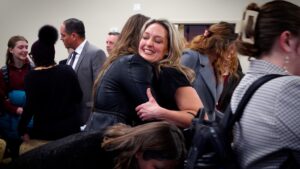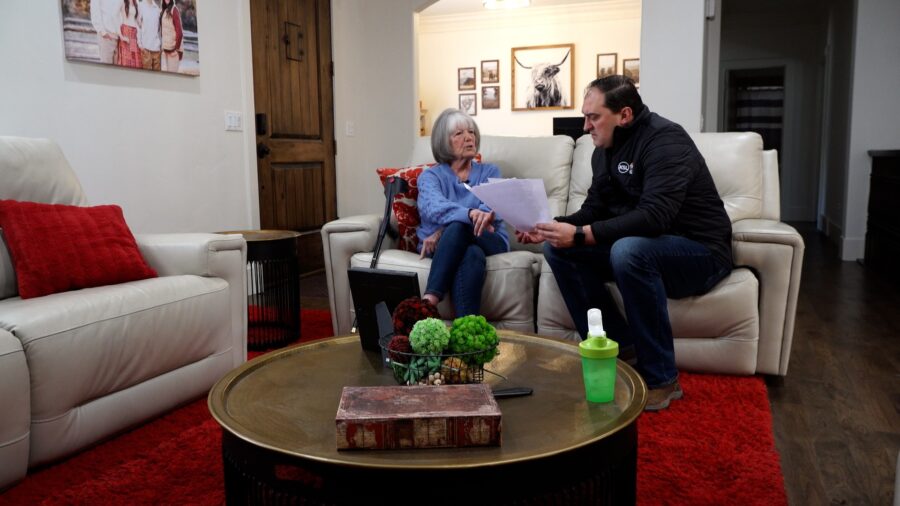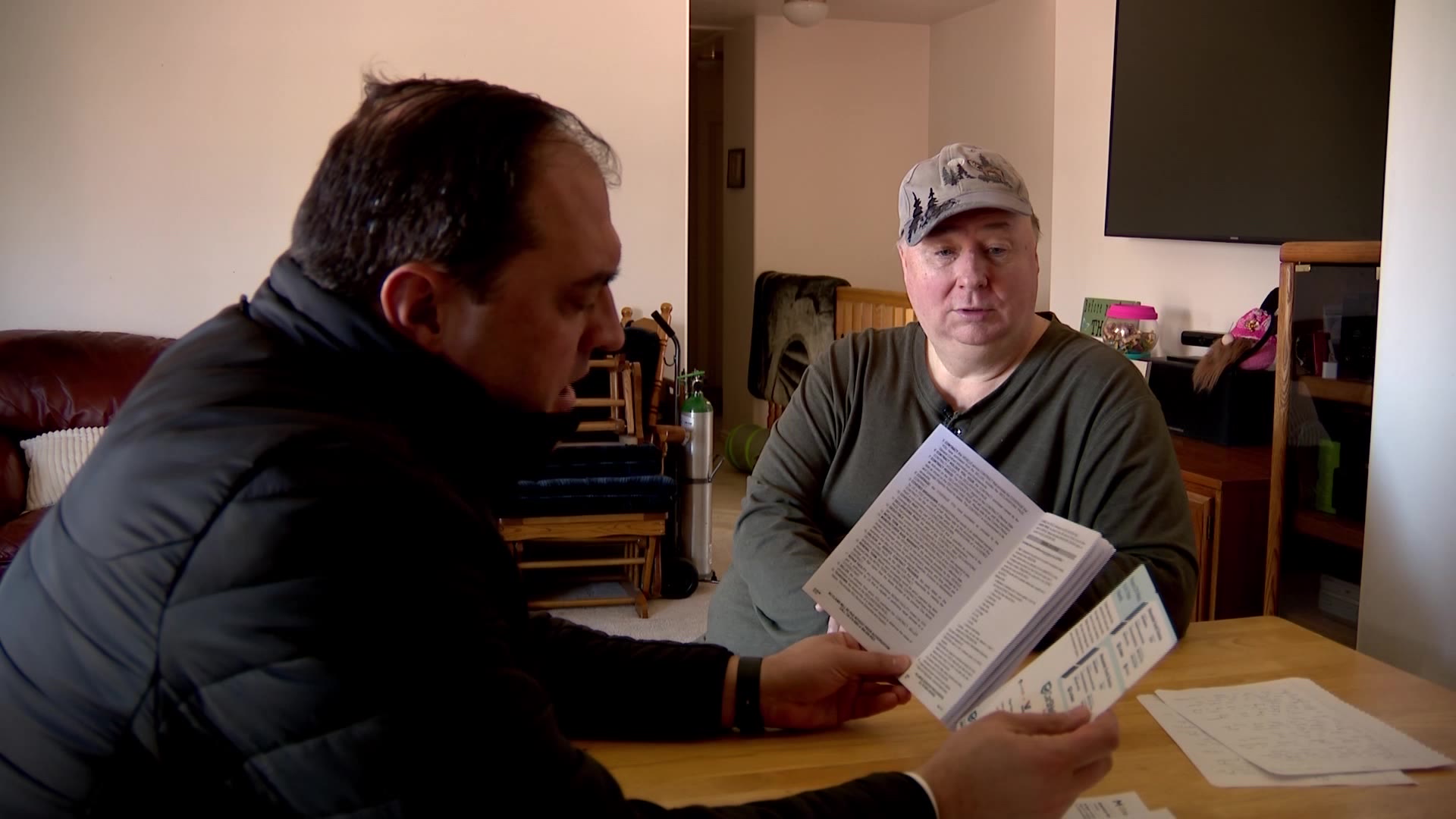Mothers and teens urge Utah lawmakers to pass family court reform
Feb 8, 2024, 6:19 PM | Updated: 6:20 pm
SALT LAKE CITY – Leah Moses told lawmakers Thursday about the years of violence and control she said she and her children endured at the hand of her ex-husband.
Moses fought to protect her kids throughout a lengthy custody case, she said. But her 16-year-old son, Om Gandhi, was shot and killed by his father in May during court-ordered parent time.
“Having custody does not mean that children are safe if you must share it with a predator and send them to face him alone,” Moses said.
Moses joined other parents and teenagers in pleading with members of a legislative panel to approve a bill stipulating that kids’ safety is the main priority in child custody decisions.
The House Judiciary Committee voted unanimously to advance the proposal known as “Om’s Law,” sending it to the full House.
“Some of these changes may make it a little bit more difficult for divorce attorneys and some parents to accomplish their goals,” said the bill’s sponsor, Rep. Paul Cutler, R-Centerville. “But I believe that taking extra steps to recognize and prevent harm are worth that price.”
Proponents of the bill say it would ensure that allegations of physical and sexual abuse are thoroughly vetted in civil child custody cases. Critics say courts already do so.
Thursday’s debate follows a KSL investigation examining the experience of mothers who reported to police and Utah’s Division of Child and Family Services that their ex-husbands physically abused their kids. The women were later accused of harming the children by alienating them from their fathers.
Experts say allegations of alienation can outweigh claims of child abuse in custody decisions, placing children in potentially dangerous situations.
An analysis funded by the U.S. Department of Justice reviewed ten years of family court cases. It determined that when mothers raise allegations of abuse, their odds of losing custody nearly double, from 26% when fathers don’t claim alienation up to 50% when they do.
On Thursday, supporters cried quietly as they listened to parents and teenagers recount how evidence of abuse did not stop courts from ordering kids into the custody of a dangerous parent.
“The court has failed to protect me and my siblings from my father’s abuse,” said Trey Hunter, who previously spoke with KSL about his experience in the family court system.
Without the measure, his mother, Shaynie Hunter, said, “More children will be abused, more children will be hurt, more children will die.”
The wide-ranging proposal requires courts to consider evidence of abuse in child custody decisions and explore more training in domestic violence for judges and court commissioners, who can make orders in divorce and child custody cases.

Leah Moses hugs a supporter after a legislative panel advanced a reform bill focused on Utah’s family court system. (KSL TV)
The measure would also require that experts testifying about domestic violence in these cases have expertise in the subject. Additionally, it would limit the use of reunification therapy for children and an estranged parent, prohibiting treatment that cuts off a child’s contact with the parent they prefer.
Some opponents spoke against the bill Thursday, citing personal experience with child custody cases that they said involved false claims of abuse.
Other critics, including a Utah family law attorney and reunification therapist, have written to lawmakers on the panel, saying the measure goes too far. They believe it could exclude important evidence from custody cases and say existing guidelines for family therapy already address issues of child safety.
Testimony at the state Capitol, however, overwhelmingly supported reform.
Pediatrician Kristine Campbell said the move aligns with Utah’s commitment to children. She told the panel that she regularly sees children who are either physically or psychologically harmed “as a result of poorly decided or inappropriately executed custody arrangements.”
“I see children every week in my clinic, in the E.D., who are caught up in truly nightmarish custody battles,” Campbell said.
The Utah Domestic Violence Coalition also supports the move.
“This is the No. 1 issue I hear from survivors about,” said Erin Jemison, the coalition’s director of public policy.
Rep. Brian King, D-Salt Lake City, told colleagues on the panel that Om Gandhi’s father, Parth Gandhi, lived on the same street as King and just a few houses down. King called the boy’s death an outlier but said change is needed.
“We’re moving in the right direction on this,” King said.
Rep. Tyler Clancy, R-Provo, addressed Om’s mother directly during the hearing, telling her, “You did everything right, and the system failed you, so we’re going to try and fix that.”
“Putting child safety first is a no-brainer,” he continued.
Moses fought tears after the hearing as she talked about her late son and the bill named for him.
“I’m just so happy we moved the needle. It’s really moved, and it’s moved in the direction of kids,” Moses said. “That’s the most important thing to me.”
Have you experienced something you think just isn’t right? The KSL Investigators want to help. Submit your tip at investigates@ksl.com or 385-707-6153 so we can get working for you.













